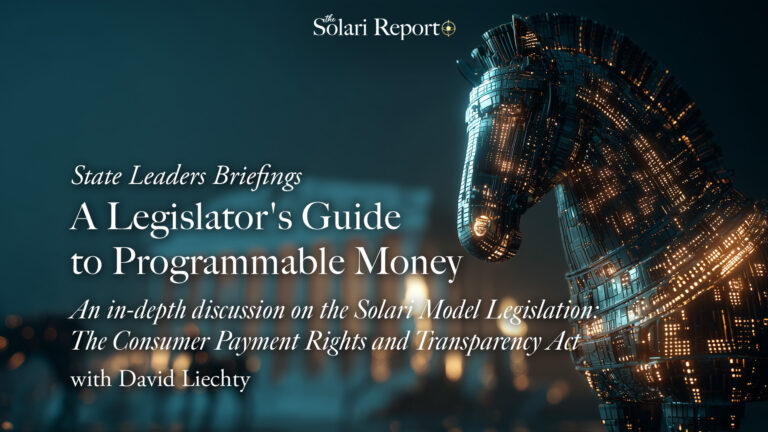By Ed Pilkington
The world is about to cross a demographic landmark of huge social and economic importance, with the proportion of the global population 65 and over set to outnumber children under five for the first time.
A new report by the US census bureau . . . shows that within 10 years older people will outnumber children for the first time. It forecasts that over the next 30 years the number of over-65s is expected to almost double, from 506 million in 2008 to 1.3 billion – a leap from 7% of the world’s population to 14%. Already, the number of people in the world 65 and over is increasing at an average of 870,000 each month.
Continue Reading Population of Older People Set to Surpass Number of Children, Report Finds






















































































































This is one of the reasons that US States are claiming that they are broke, and using this manufactured excuse to drastically modify state based health care programs (Obama’s doing the same thing by the way). In short, those over the age of 65 are under enormous attack as they no longer add value to the Globalist system.
If you want to take this to its most draconian analysis, one could formulate with ample evidence an argument that shows that the baby boomers were part of a massive pump and dump strategy in the Globalists grand strategy called the Great Work. The boomers were leveraged through the last half of the 20th Century to create enormous wealth, facilitating the manufactured Cold War and the massive buildup of weapon systems that facilitated global dominance. They funded the move of the manufacturing base to the East, and ensured that this new base of operations would be financially successful. They built up the global technology network (“The Internet”), facilitating cheap global communications to support the international free trade agenda, while also creating a new mechanism (‘high technology’) for extensive social monitoring and perception management. All of this and more was possible because of the innovation and hard work of mostly a single American generation – the boomers.
Now, that generation’s use-by-date has been passed, they are truly useless eaters (their words not mine) and therefore are expendable. I would argue that if the globalists have their way, the census figures of 1.3B will never be reached.
Yep as I said in another post 2 world wars and the baby boom generation of the 1950 and 60’s has so changed the demographics of our world that we and our children are going to pay a terrible-are paying a terrible price. In fact, don’t you know my own family is still paying the price for the sins of two world wars. Everything has changed including even ones culture and this especially because of the worldwide immigration that resulted from the European conflicts and the family break ups. What a mess and you know what about the other side of the coin to the over-population issue and that is the problem of their not being enough babies being born? Countries like Canada now are largely depending upon immigration to solve this issue. This has even brought to my remembrance a documentary on England and how drastically things have changed from a country that at one time was one culture known largely as WASP that is White Anglo Saxon Protestant to a nation that is now a mixture of every concievable nation under the sun. There was one scene I will never forget and that was/is the difference of a famous street scene from the 1920’s to today. It spoke volumes about the changes that have taken place over the last 50 to 80 years and not all for the better I might add! What a mess!
Jerry
We are increasingly living in a culture of death. Death to the defenseless and innocent(abortion), death to the integrity of the family( gay marriage and societal breakdown) and death to vulnerable elderly( euthanasia laws in Oregon & now proposed in Massachusetts). Think of it 43% of Americans don’t pay income taxes and most people don’t attend religious worship services. Essentially what I’m saying is we are at risk to a populist based government run by people who have no deep religious convictions that shape their lives. Dt. 6:5